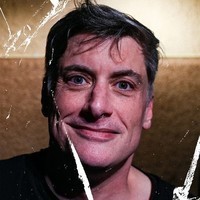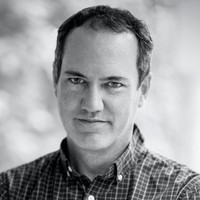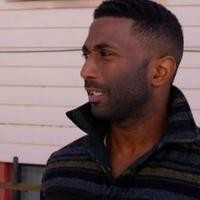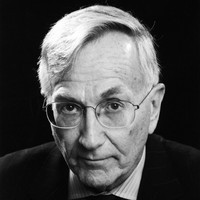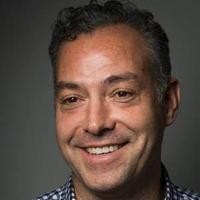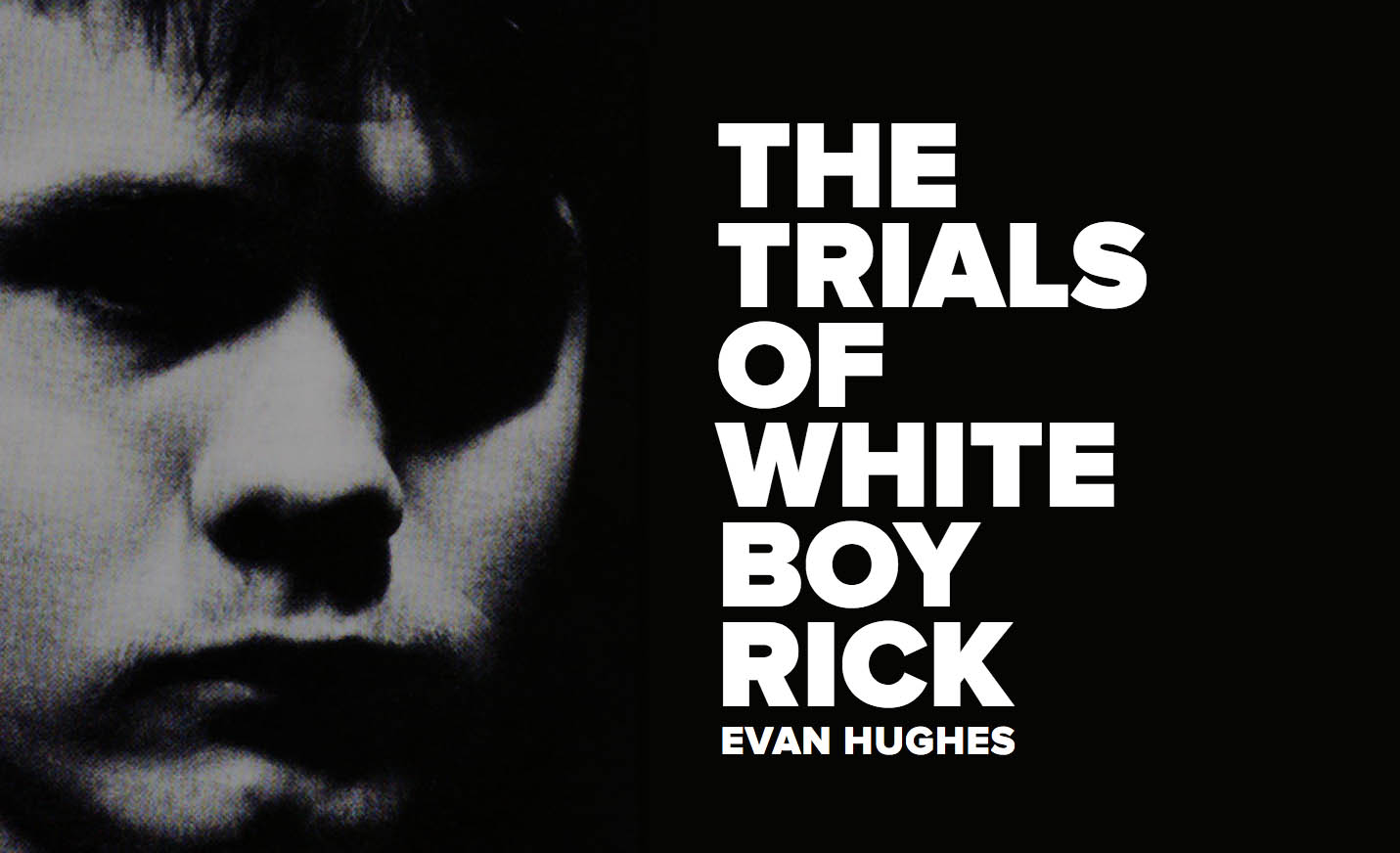The Survivor
When your family is murdered, and the home you had made together is destroyed, and you yourself are beaten and left for dead — as happened to Bill Petit on the morning of July 23, 2007 — it may as well be the end of the world. It is hard to see how a man survives the end of the world. The basics of life — waking up, walking, talking — become alien tasks, and almost impossibly heavy, as you are more dead than alive. Just how does a man go about surviving such a thing? How does a man go on?

